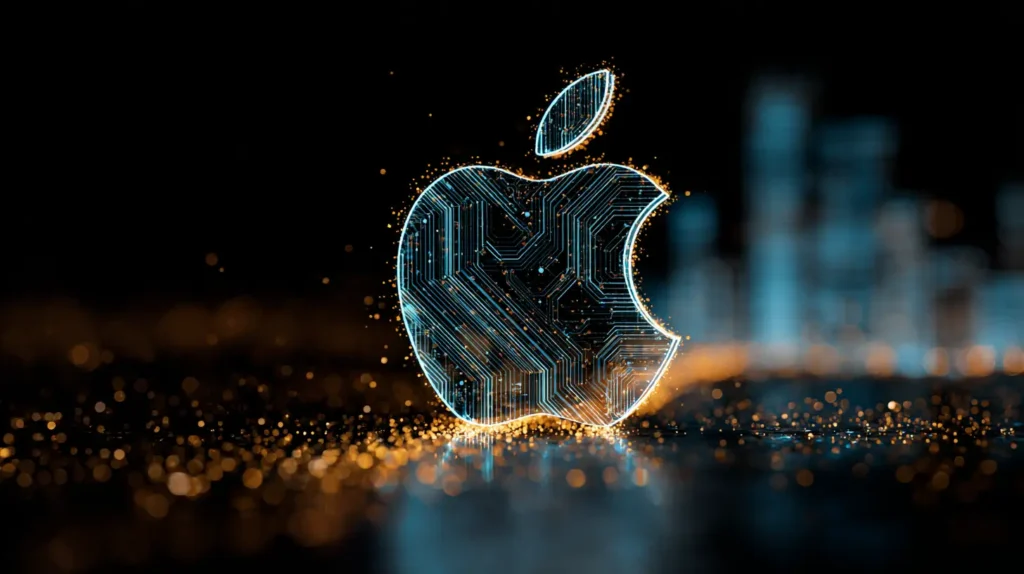New developments have breathed new life into Apple’s (AAPL) struggling artificial intelligence pivot, and Bank of America (BofA) believes it could generate tens of billions of dollars for the tech giant.
In a landmark court ruling, a federal judge allowed Apple to maintain its lucrative default search arrangement with Google.
BofA estimates that the agreement generates about $20 billion a year, roughly a fifth of Apple’s services revenue, and its survival gave investors immediate relief. Wamsi Mohan, senior equity research analyst at BofA, says Apple is now in a solid position to surprise everyone in the AI arms race.
“So that’s part of the reason why we raised our target price to $260. As we look into the future, the way we think about it is that the share of Google searches is clearly going down in the broader scheme of things. But the rate and pace of that will be something that will be managed, and then you also have Gemini which could be substituted and whether it is, AI search within Google, which could be augmented and potentially not cause a headwind, or it could be using Gemini models with Apple’s own intelligence-based solution.
And obviously, they’re talking to a bunch of companies… And that means that over time, Apple has this hedge versus just being exposed to Google’s revenue itself.”
According to Mohan, Apple is “clearly going to be a winner” as BofA expects the tech titan to leverage its privacy policies.
“Remember, privacy is super centric to Apple. They’re going to make sure that the data stays on their servers, which means that they might take these models, train it on Apple Silicon, run it on Apple servers at the end of the day, and extract value for customers that way, but keep this whole thing private.
So it could be a licensing agreement that they do with some of these model providers, and there could be multiple of them. And depending on the use case, that gives them some leverage to negotiate across all of them, right?
And so on the one hand, you’ve got sort of this model dynamic. The broader dynamic is obviously, these can be apps put simplistically running on your iPhone at the moment. And Apple will be monetizing those through its services business as usual by taking some kind of cut or revenue share in the more traditional sense of the app store.
So there are multiple ways of monetization. I think it just depends on the rate and pace of what Apple’s internal development does relative to what these external providers are able to provide and the negotiating terms that they give to Apple.”
Disclaimer: Opinions expressed at CapitalAI Daily are not investment advice. Investors should do their own due diligence before making any decisions involving securities, cryptocurrencies, or digital assets. Your transfers and trades are at your own risk, and any losses you may incur are your responsibility. CapitalAI Daily does not recommend the buying or selling of any assets, nor is CapitalAI Daily an investment advisor. See our Editorial Standards and Terms of Use.


